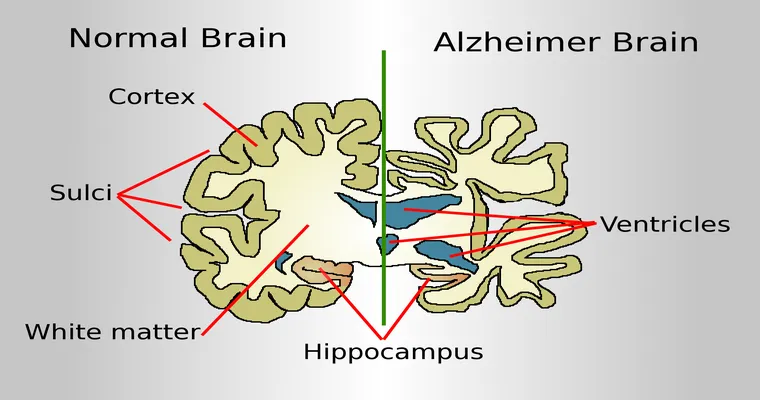Alzheimer’s disease is a complex condition that not only affects memory and cognitive function but also significantly impacts "sleep quality" and "sleep disorders". Many caregivers and individuals affected by Alzheimer’s often have pressing questions about the relationship between Alzheimer’s and sleep. In this article, we will address six common questions, providing expert insights to help you better understand this important connection.
1. What is the relationship between Alzheimer’s and sleep disorders?
Research indicates that there is a significant link between Alzheimer’s disease and various "sleep disorders". Individuals with Alzheimer’s often experience changes in their sleep patterns, including difficulties falling asleep, frequent awakenings, and a decrease in deep sleep. These disturbances can exacerbate cognitive decline and contribute to behavioral issues. It is hypothesized that the accumulation of beta-amyloid plaques, a hallmark of Alzheimer’s, may also disrupt normal sleep cycles.
2. How do sleep disorders affect Alzheimer’s progression?
Studies suggest that poor sleep quality can accelerate the progression of Alzheimer’s disease. Disrupted sleep may lead to increased levels of stress hormones, inflammation, and impaired clearance of toxins from the brain. All these factors can worsen cognitive decline. Conversely, improving sleep quality may help in managing symptoms and enhancing overall well-being for those living with Alzheimer’s.
3. What are the most common sleep disorders associated with Alzheimer’s?
Individuals with Alzheimer’s often face several "sleep disorders", including:
"Insomnia": Difficulty falling or staying asleep.
"Sleep Apnea": Intermittent breathing interruptions during sleep.
"Restless Legs Syndrome": An uncontrollable urge to move the legs, often accompanied by uncomfortable sensations.
"Circadian Rhythm Disorders": Disruptions in the body’s natural sleep-wake cycle, leading to confusion about day and night.
Addressing these disorders is crucial in improving the quality of life for those affected by Alzheimer’s.
4. How can caregivers help manage sleep issues in Alzheimer’s patients?
Caregivers play a vital role in managing sleep issues among individuals with Alzheimer’s. Here are some effective strategies:
Establish a consistent "sleep routine" to signal bedtime.
Create a calm and comfortable sleep environment by minimizing noise and light.
Encourage physical activity during the day to promote better sleep at night.
Limit caffeine and screen time in the evening to help ease the transition to sleep.
Consult a healthcare provider for potential treatments or therapies specific to sleep disorders.
5. Are there medications that can help with sleep disorders in Alzheimer’s patients?
While there are medications available to treat sleep disorders, it is essential to approach this option with caution. Some medications may have side effects that could worsen cognitive function or lead to increased confusion. It is crucial to work closely with a healthcare professional who can assess the individual’s specific needs and recommend the most appropriate treatment options, which may include melatonin or other non-pharmaceutical approaches.
6. What lifestyle changes can promote better sleep for those with Alzheimer’s?
Incorporating certain lifestyle changes can significantly enhance sleep quality for individuals with Alzheimer’s. Some key recommendations include:
Maintaining a regular "sleep schedule" by going to bed and waking up at the same time daily.
Creating a peaceful bedtime routine that may include activities like reading or listening to soothing music.
Encouraging exposure to natural light during the day to help regulate the sleep-wake cycle.
Reducing daytime napping, particularly in the late afternoon or evening, to promote better nighttime sleep.
By adopting these strategies, individuals with Alzheimer’s and their caregivers can work towards mitigating sleep-related challenges.
In conclusion, understanding the intricate relationship between Alzheimer’s disease and "sleep disorders" is essential for improving the quality of life for those affected. By addressing common questions and implementing effective strategies, we can help manage sleep issues and foster a better overall well-being for individuals navigating the complexities of Alzheimer’s.





